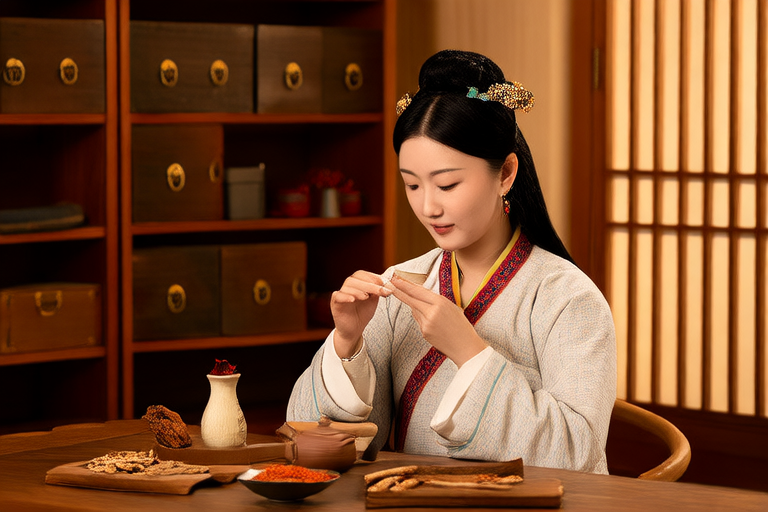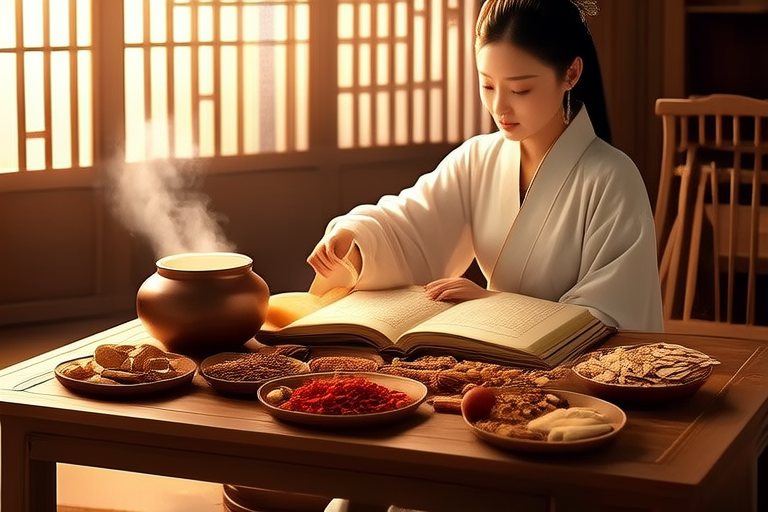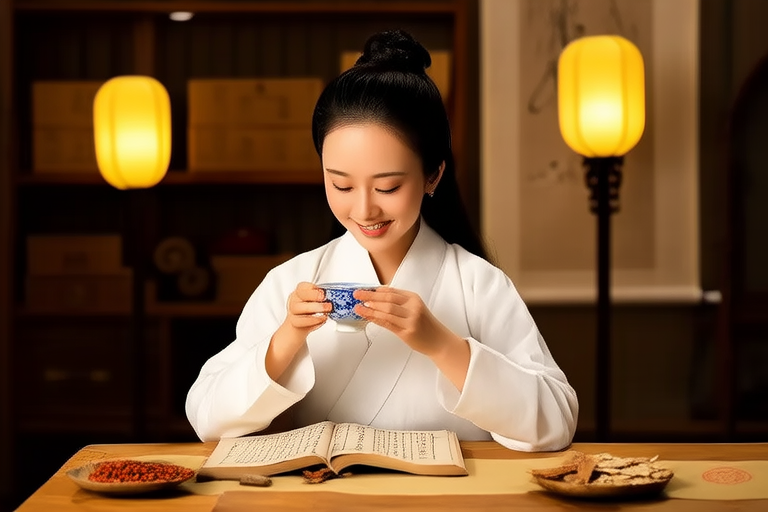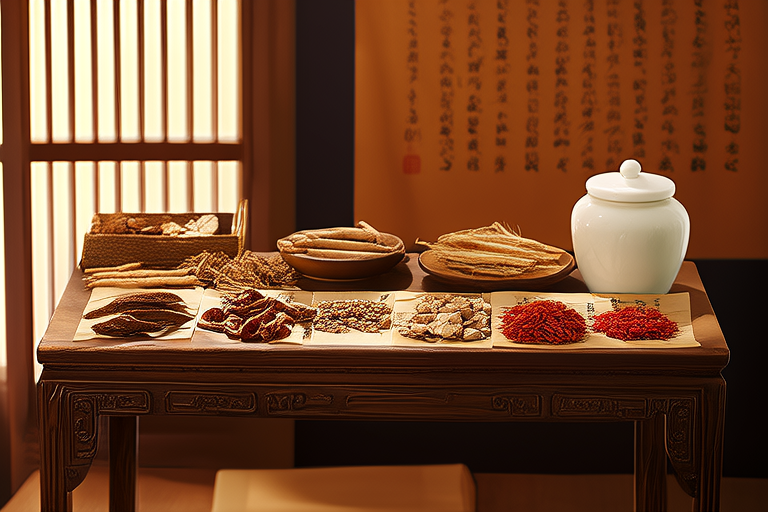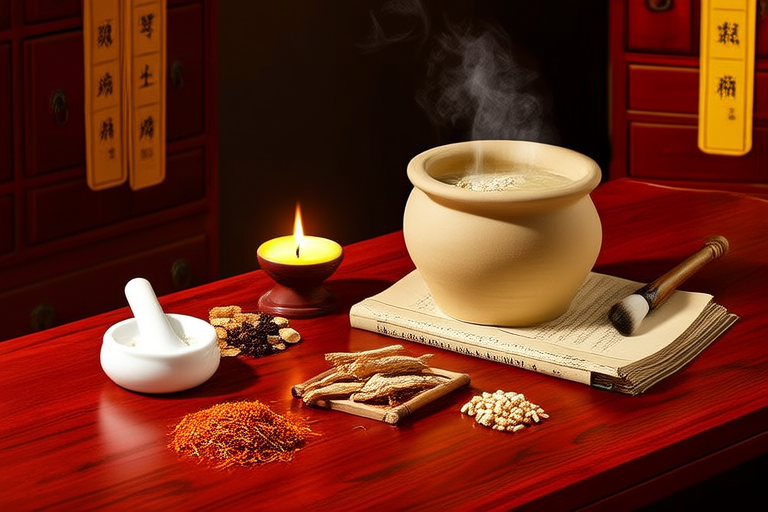Unlocking the Secrets of Longevity: A Guide to Traditional Chinese Medicine Health Preservation
Introduction: The Holistic Approach of Traditional Chinese Medicine
Traditional Chinese Medicine (TCM) is an ancient system of health preservation that has been practiced for thousands of years. Rooted in a holistic philosophy, TCM views the human body as an interconnected system where physical, mental, and emotional well-being are deeply intertwined. Unlike Western medicine, which often focuses on treating specific symptoms or diseases, TCM emphasizes maintaining balance and harmony within the body to prevent illness and promote longevity. This approach is based on the belief that true health arises when the body’s natural rhythms and energies are aligned.
Key Concepts of TCM: Qi, Yin-Yang Balance, and the Five Elements
To understand the principles of TCM, one must first grasp its foundational concepts: Qi, Yin-Yang balance, and the Five Elements.
Qi: The Vital Life Force
At the heart of TCM lies the concept of Qi (pronounced “chee”), often translated as “vital energy” or “life force.” Qi flows through the body along pathways known as meridians, nourishing organs, tissues, and cells. When Qi is abundant and flowing freely, the body remains healthy. However, blockages or deficiencies in Qi can lead to illness and disease. TCM practices aim to cultivate and balance Qi to support overall vitality.
Yin-Yang Balance: Harmony in Opposites
The principle of Yin and Yang represents the duality and interdependence of opposing forces. Yin symbolizes qualities such as coolness, stillness, and introspection, while Yang embodies warmth, activity, and outward expression. Health in TCM is achieved when Yin and Yang are in balance. For example, excessive Yang may manifest as inflammation or agitation, whereas a deficiency of Yin might lead to fatigue or dryness. Restoring this equilibrium is central to TCM’s approach to health preservation.
The Five Elements: A Framework for Understanding Nature and the Body
The Five Elements—Wood, Fire, Earth, Metal, and Water—provide a framework for understanding the relationships between different aspects of the body and the natural world. Each element corresponds to specific organs, emotions, seasons, and functions. For instance, Wood is associated with the liver and springtime, while Water relates to the kidneys and winter. By aligning lifestyle choices with these elemental cycles, individuals can enhance their connection to nature and support their health.
Practical Techniques for Health Preservation in TCM
TCM offers a variety of practical techniques designed to cultivate health and longevity. These methods address the body, mind, and spirit, promoting balance and preventing illness before it arises.
Acupuncture: Stimulating Energy Flow
Acupuncture is one of the most well-known TCM practices. It involves inserting fine needles into specific points along the body’s meridians to regulate the flow of Qi. Acupuncture can alleviate pain, reduce stress, and improve various health conditions by restoring balance to the body’s energy systems. Regular acupuncture sessions are believed to enhance vitality and contribute to long-term well-being.
Herbal Remedies: Harnessing Nature’s Power
Herbal medicine is another cornerstone of TCM. Practitioners prescribe combinations of herbs tailored to an individual’s unique constitution and health needs. These remedies aim to strengthen the body, boost immunity, and address underlying imbalances. Common herbs include ginseng for energy, astragalus for immune support, and goji berries for nourishment. Herbal formulas are often used in conjunction with other TCM practices for comprehensive health care.
Dietary Therapy: Nourishing the Body with Food
In TCM, food is considered a form of medicine. Dietary therapy emphasizes eating according to one’s constitution, the season, and the principles of Yin and Yang. For example, cooling foods like cucumbers and watermelon are recommended in summer to counteract heat, while warming foods like ginger and cinnamon are favored in winter to combat cold. By making mindful dietary choices, individuals can support their digestive health, balance their energy, and prevent disease.
Tai Chi and Qigong: Cultivating Movement and Mindfulness
Tai Chi and Qigong are gentle, meditative movement practices that combine physical postures, breathing exercises, and mental focus. These disciplines are designed to cultivate Qi, improve circulation, and enhance flexibility. Tai Chi is often described as “meditation in motion,” while Qigong focuses on harnessing and directing energy. Both practices have been shown to reduce stress, improve balance, and promote emotional resilience, making them valuable tools for longevity.
Promoting Physical, Mental, and Emotional Well-Being
The ultimate goal of TCM is to foster harmony on all levels—physical, mental, and emotional. By addressing the root causes of imbalance rather than merely alleviating symptoms, TCM practices empower individuals to take charge of their health. For example, acupuncture and herbal remedies can alleviate chronic pain and fatigue, while Tai Chi and Qigong provide a sense of calm and clarity. Dietary therapy ensures that the body receives the nutrients it needs to function optimally, supporting both physical strength and mental acuity.
Moreover, TCM’s emphasis on prevention aligns with modern understandings of health. By adopting TCM practices early in life, individuals can build a strong foundation for long-term wellness. This proactive approach not only reduces the risk of illness but also enhances quality of life, allowing people to age gracefully and maintain their independence.
Integrating TCM Practices into Modern Lifestyles
While TCM originated in ancient times, its principles remain highly relevant in today’s fast-paced world. Integrating TCM practices into modern lifestyles can offer sustainable health benefits without requiring drastic changes. Here are some practical ways to incorporate TCM into daily life:
- Mindful Eating: Pay attention to the energetic properties of foods and choose meals that align with your body’s needs and the current season.
- Stress Management: Practice Tai Chi or Qigong to reduce stress and cultivate mindfulness. Even a few minutes of deep breathing can make a difference.
- Regular Acupuncture: Schedule periodic acupuncture sessions to maintain energy balance and address any emerging health concerns.
- Herbal Support: Consult a qualified TCM practitioner to explore herbal remedies that complement your health goals.
- Balance Work and Rest: Embrace the TCM principle of moderation by balancing activity with rest and avoiding overexertion.
By weaving these practices into your routine, you can create a lifestyle that supports longevity and vitality. TCM encourages individuals to listen to their bodies, honor their natural rhythms, and live in harmony with the world around them.
Conclusion: A Path to Sustainable Health and Longevity
Traditional Chinese Medicine offers a profound and timeless approach to health preservation. Its emphasis on balance, prevention, and holistic well-being provides valuable insights for anyone seeking to unlock the secrets of longevity. By understanding and applying TCM principles such as Qi, Yin-Yang balance, and the Five Elements, individuals can cultivate physical resilience, mental clarity, and emotional peace.
Whether through acupuncture, herbal remedies, dietary therapy, or mindful movement practices like Tai Chi and Qigong, TCM empowers us to take an active role in our health journey. In a world where chronic stress and lifestyle-related illnesses are increasingly common, the wisdom of TCM serves as a guiding light toward sustainable health and vitality. By embracing these ancient practices, we can pave the way for a longer, healthier, and more fulfilling life.






